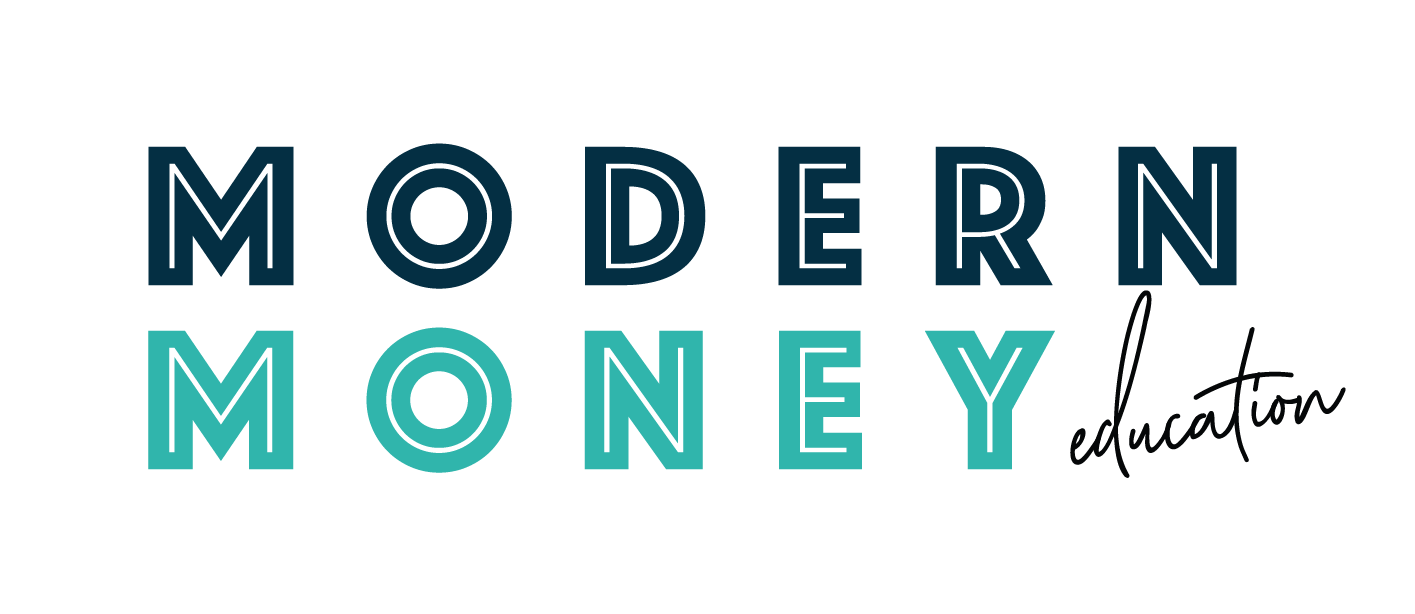A Shopper's Guide to Tax Consultants
How do you choose the tax consultant who is best for you?
Without a doubt, income tax laws are complex. Yet, many individuals do their own income tax returns.
Sure, the advent of personal income tax software has somewhat eased this burden. Tax preparation software is reasonably inexpensive. However, you still have to gather all the information. But, on the plus side, most software allows you to try several different scenarios and see which is best for your particular situation tax-wise. Some of the programs allow you to use your home computer to print tax forms that are acceptable to the Internal Revenue Service (IRS). People with simple returns might also consider free help (but little in the way of tax breaks) from "assistors" on staff at some Internal Revenue Service (IRS) offices.
Still, if your finances have become more complicated, hiring a professional might be less stressful and prove less costly than risking possible errors by wading through the forms on your own.
For returns such as the 1040 or 1040A, "storefront" tax preparers, including those working for regional or national chains, may be your best bet. They're generally fast and inexpensive. Remember, however, these tax preparers may be of little help during an IRS audit.
If you are self-employed, have certain kinds of liens, or are withdrawing from a retirement plan, consider "enrolled agents." Such agents are tax consultants who have spent time working for the IRS or passed a special IRS test. They are required to continue their education to keep up with tax law changes. Remember, while consultants with an IRS background may be conservative on deductions, they tend to know what may trigger an IRS audit.
Enrolled agents generally charge more than tax preparers do, but less than certified public accountants (CPAs). CPAs must meet strict educational and professional standards, and may be appropriate if your tax filing will be very complicated.
Enrolled agents, CPAs, and attorneys are the only people who can represent you before the IRS if you are audited.
How do you choose the tax consultant who is best for you? Try to get an initial free consultation--and do it early in the tax season. During the 1st quarter of the year, the best consultants often have four- or five-week backlogs even for paying clients. During the consultation, ask plenty of questions. Find out how aggressive the consultant is about deductions, how fees are calculated, and whether the person you speak with will actually prepare your return or pass it on to an assistant.
Finally, once the professional has completed your return, review each line carefully to avoid any possible errors.


